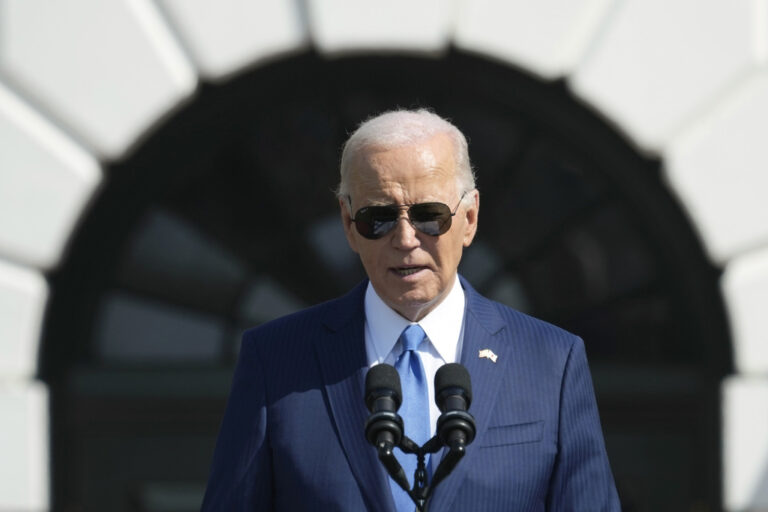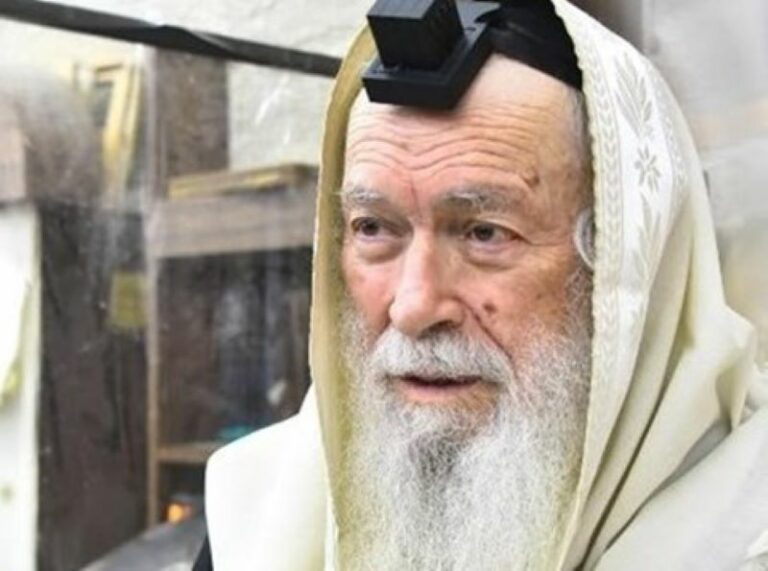A curious monkey with a toothy grin and a knack for pressing a camera button was back in the spotlight Wednesday as a federal appeals court heard arguments on whether an animal can hold a copyright to selfie photos.
A 45-minute hearing before a three-judge panel of the 9th U.S. Circuit Court of Appeals in San Francisco attracted crowds of law students and curious citizens who often burst into laughter. The federal judges also chuckled at times at the novelty of the case, which involves a monkey in another country that is unaware of the fuss.
Andrew Dhuey, attorney for British nature photographer David Slater, said “monkey see, monkey sue” is not good law under any federal act.
Naruto is a free-living crested macaque who snapped perfectly framed selfies in 2011 that would make even the Kardashians proud.
People for the Ethical Treatment of Animals sued Slater and the San Francisco-based self-publishing company Blurb, which published a book called “Wildlife Personalities” that includes the monkey selfies, for copyright infringement. It sought a court order in 2015 allowing it to administer all proceeds from the photos taken in a wildlife reserve in Sulawesi, Indonesia to benefit the monkey.
Slater says the British copyright for the photos obtained by his company, Wildlife Personalities Ltd., should be honored.
PETA attorney David Schwarz argued that Naruto was accustomed to cameras and took the selfies when he saw himself in the reflection of the lens.
A federal judge ruled against PETA and the monkey last year, saying he lacked the right to sue because there was no indication that Congress intended to extend copyright protection to animals.
Throughout Wednesday’s hearing, Schwarz pushed back, arguing that the case came down to one simple fact: photographs can be copyrighted and Naruto is the author.
“We have to look at the word ‘authorship’ in the broadest sense,” he said.
The judges grilled him on why PETA has status to represent Naruto and said that “having genuine care for the animal” isn’t enough to establish “next friend” relationship, which is required to represent the monkey in court.
The judges did not issue a ruling Wednesday.
Angela Dunning, an attorney for Blurb, wondered at the possibilities if they do not prevail.
“Where does it end? If a monkey can sue for copyright infringement, what else can a monkey do?” she said after the hearing.
PETA’s general counsel Jeff Kerr said after the hearing that the group plans to use money from the photos to protect monkey habitats and help people study the monkeys.
“PETA is clearly representing Naruto’s best interests,” he said.
Dhuey said the legal antics were more of a publicity stunt by PETA than a lawsuit. He quipped after the hearing that Naruto made a tactical mistake by not appearing in court.
“It’s like he doesn’t even care,” he said before walking away from cameras.
(AP)







2 Responses
The picture was taken in Indonesia. The camera owner is British. The controversy started in 2014 with someone using the picture without paying on the premise that since the camera owner did not snap the picture (the monkey pressed the button) there is no copyright infringement. It progressed to this PETA thing. The lawsuits have bankrupted the camera owner (who had been eeking out a living as a freelance wildlife photographer).
A web site points out that:
> Section 503.03 of Compendium II of Copyright Office Practices published by the US Copyright Office reads:
> n order to be entitled to copyright registration, a work must be the product of human authorship. Works produced by mechanical processes or random selection without any contribution by a human author are not registrable. Thus, a linoleum floor covering featuring a multicolored pebble design which was produced by a mechanical process in unrepeatable, random patterns, is not registrable. Similarly, a work owing its form to the forces of nature and lacking human authorship is not registrable; thus, for example, a piece of driftwood even if polished and mounted is not registrable.
So just how was it possible to waste the court’s time, taxpayer money and the camera owner’s livelihood by even being allowed on the court docket?
The U.K.’s “The Register” gives some interesting background. One Dr. Antje Engelhardt had known this monkey (Naruto) since its birth. She was to be the “next friend” (typically used to provide legal standing for children or people with disabilities) which was to have standing to bring the case. However, she withdrew from the case just before the court hearing. Then:
> Engelhardt texted PETA’s general counsel Jeff Kerr to tell him she was heading to San Francisco and would drop by his house to have a conversation about what had happened – and Kerr responded by calling the cops on her. She was arrested.